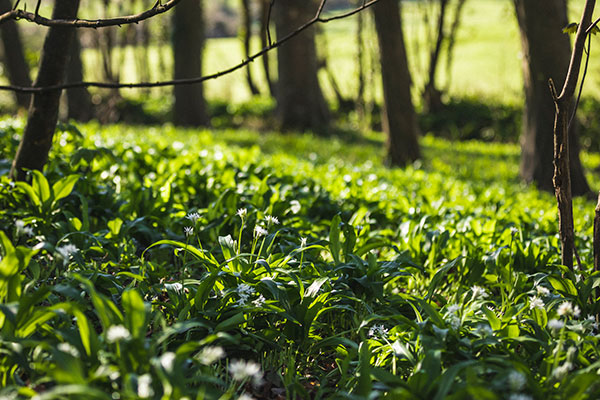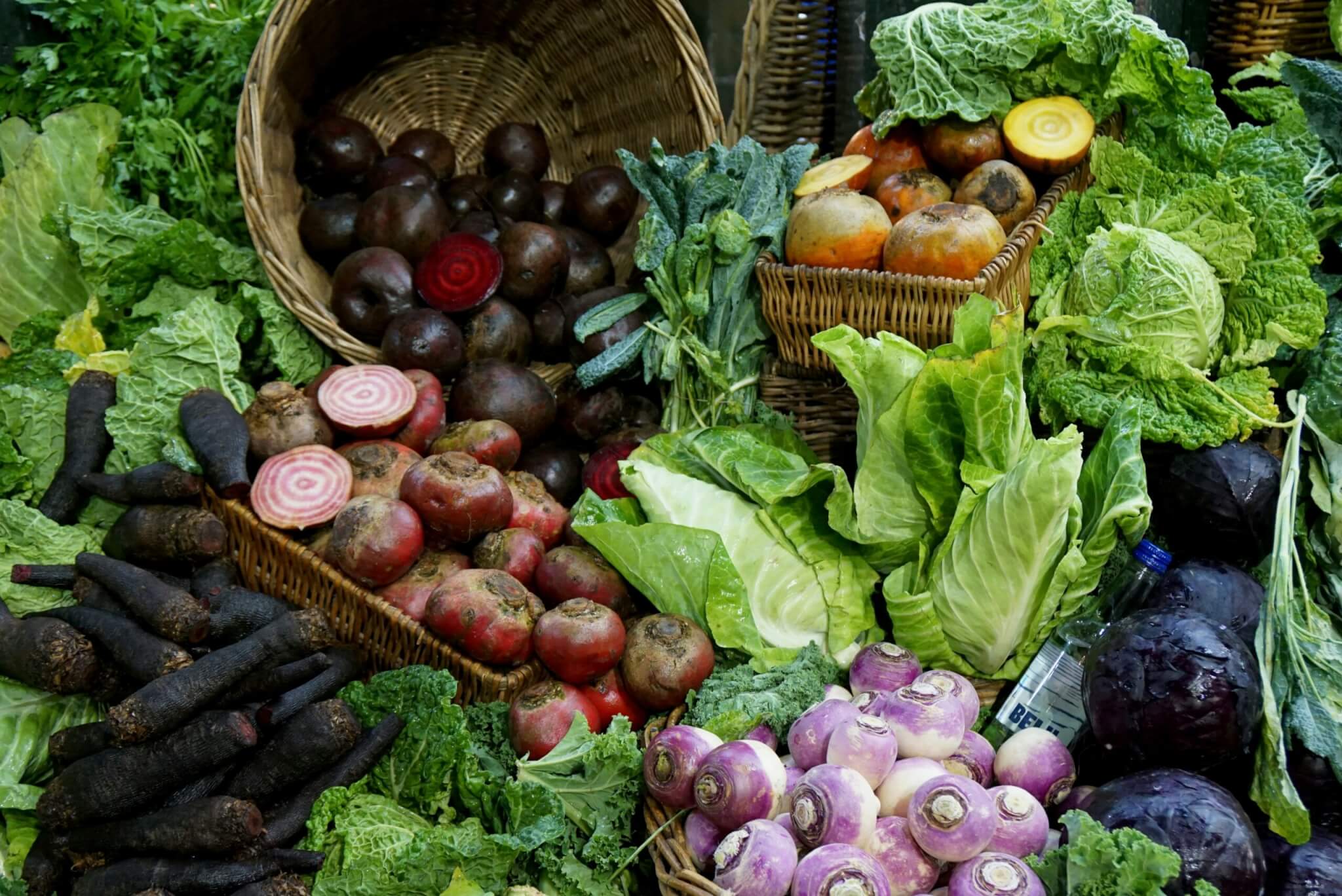Cutting beef and dairy consumption by a fifth and increasing tree cover are among a new list of recommendations by the government’s advisors on climate calling for a major transformation in land use.
The Committee on Climate Change (CCC) has released its first in-depth advice on agriculture to look at how land can help the UK become net zero by 2050.
In 2017, land use – including agriculture, forestry and peatland – accounted for 12 per cent of total UK greenhouse gas emissions, and the CCC said it’s possible to reduce that by almost two thirds.
Among its recommendations, the committee listed releasing 22 per cent of land currently used for agriculture to other uses, such as bioenergy crops or carbon sequestration through trees, as well as habitat restoration.

Diet changes away beef and lamb consumption is the best way to release land, the report said, although also noted that UK-reared livestock generally have lower greenhouse gas emissions than in the EU.
Brazilian and Indonesian producers rank particularly highly in terms of carbon footprint due to emissions associated with clearing high-carbon land for grazing, compared to the UK and EU where land is likely to have been deforested centuries ago.
Other ways to release land include moving horticulture production indoors and reducing food waste along the supply chain, it said.
The report, entitled Land use: Policies for a Net Zero UK, is published today at a time of policy change. A new Agriculture Bill is currently making its way through parliament, to be followed by an Environment Bill, as the UK begins to build its own legislation on key areas ahead of leaving the EU.
“Changing the way we use our land is critical to delivering the UK’s Net Zero target,” said chairman of the committee, Lord Deben.
“The options we are proposing would see farmers and land managers – the stewards of the land – delivering actions to reduce emissions. Doing so can provide new revenue opportunities for farmers, better air quality and improved biodiversity, and more green spaces for us all to enjoy.”
The CCC said the land use changes it proposes can be achieved without producing less food in the UK or increasing imports from elsewhere, by following five key recommendations:
- Increase tree planting – increasing UK forestry cover from 13 per cent to at least 17 per cent by 2050 by planting around 30,000 hectares (90 – 120 million trees) of broadleaf and conifer woodland each year
- Encourage low-carbon farming practices – such as ‘controlled-release’ fertilisers, improving livestock health
- Restore peatlands
- Encourage bioenergy crops
- Reduce food waste and consumption of the most carbon-intensive foods – reduce the 13.6 million tonnes of food waste produced annually by 20 per cent and the consumption of beef, lamb and dairy by at least 20 per cent per person
A mix of regulations and incentives would help drive these changes, the CCC said, estimating that the total cost would be around £1.4 billion per year, funded through a combination of public and private funding.
“We welcome the Climate Change Committee’s call for farmer-led tree planting, as well as their warning against further intensification of farming,” said policy director at the Soil Association, Jo Lewis, but warned the government needed to go further on policies to protect nature.
“To join the dots between climate, nature and land degradation, government must support all farms to transition to agroecological farming methods, pioneered by organic farmers, which work with nature and minimise chemical reliance,” she said.
“While the committee is right to say that our diets need to change and to highlight the crucial role that public settings like schools and hospitals can play, it should go further to recommend a reduction in soy-fed meat that is driving deforestation.
“We need ‘less but better’ meat sourced from organic and agroecological farms and an end to intensively farmed meat.”












Never a single word spoken with any regard to the animals that we share this planet with and are like us sentient beings. All we hear about is “improving” ways of using them. when it is completely unnecessary to do so,
Said rightly, as far as it goes. Not only animals but most human beings are left out of the process as well.